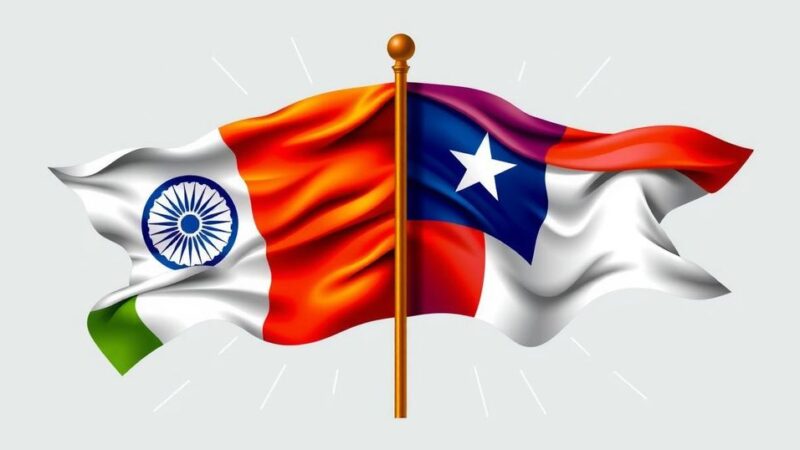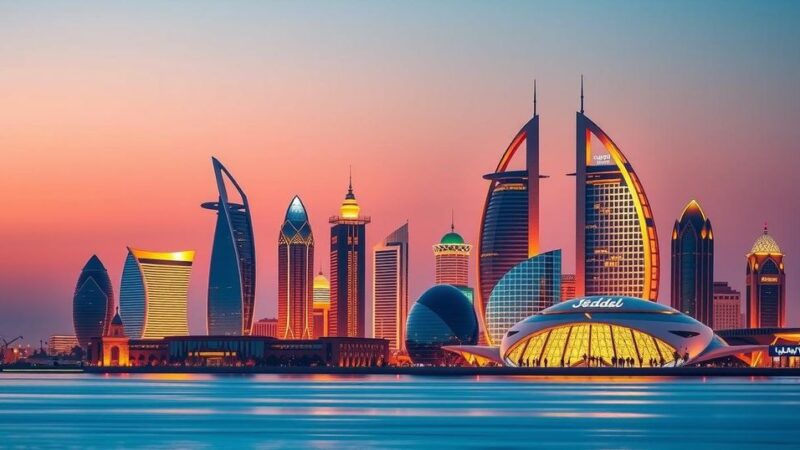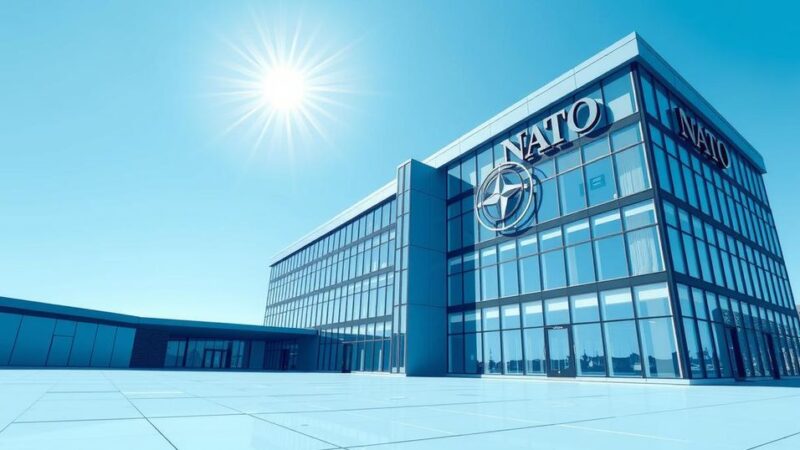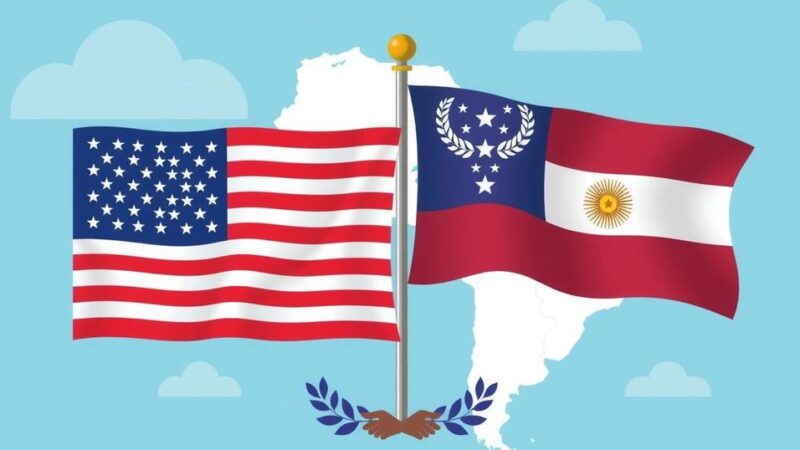The civil war in Sudan, beginning in April 2023, sees key external actors, especially Saudi Arabia and the UAE, providing military and financial support, despite denials. Their involvement is rooted in historical ties and geopolitical interests. The conflict has escalated internal divisions, complicating prospects for resolution amidst external support for rival factions. Sudan’s strategic importance heightens the stakes for Gulf monarchies, emphasizing the complexities of regional dynamics.
The ongoing civil war in Sudan, which erupted in April 2023, involves multiple external actors, primarily the Sudanese Armed Forces and the paramilitary Rapid Support Forces. This conflict has led to one of the most severe humanitarian crises worldwide, drawing support from various foreign states, including Chad, Egypt, Iran, Libya, Qatar, Russia, Saudi Arabia, and the UAE. Notably, Saudi Arabia and the UAE have been accused of providing financial and military assistance to the conflicting factions, despite their denials. Political scientist Federico Donelli offers insights into the implications of such intervention by these Gulf monarchies.
The initial factors that triggered the civil war in Sudan were predominantly internal; however, the involvement of external actors has also played a significant role. Over the past twenty years, Sudan has engaged extensively with states in the Middle East, particularly the Gulf monarchies of Saudi Arabia and the UAE. These monarchies have historical ties with Sudan, with Saudi Arabia maintaining political relations since Sudan’s independence in 1956, and people-to-people connections sustained over centuries due to geographical proximity to the holy cities of Mecca and Medina.
The UAE’s involvement since the 2000s has been characterized by increased economic and financial influence in Africa, particularly in sectors like port logistics. This interest intensified for Sudan towards the end of the 2010s due to shifting regional dynamics following the Arab uprisings. The period from 2014 to 2015 saw a marked increase in Saudi and UAE influence over Sudanese politics, particularly under President Omar al-Bashir, as both monarchies sought to curb Iran’s influence in the region. Their support also included Sudan contributing troops to fight in Yemen against Houthi rebels, fostering closer ties between the parties.
Following the overthrow of President al-Bashir in 2019, the relationship between Saudi Arabia and the UAE has evolved. Although both countries initially supported the transitional government, divergence in their strategies has surfaced, particularly regarding their stances on political Islam and affiliations with local factions in Sudan. Riyadh has aligned with army leader Abdel Fattah al-Burhan, while Abu Dhabi has supported the head of the Rapid Support Forces, Mohamed Dagalo.
The GCC monarchies view Sudan as strategically significant due to its geographical positioning between the Sahel and Red Sea regions, which are fraught with instability. Such dynamics create challenges such as political turmoil, economic hardship, and security threats from jihadist groups. Furthermore, Sudan is a crucial link between the Mediterranean and sub-Saharan Africa, enhancing its importance in future geopolitical strategies.
The UAE and Saudi Arabia have heavily invested in Sudan’s agri-food sector, vital for their food security, estimated between US$1.5 billion and US$2 billion. Given Sudan’s abundant natural resources, this investment serves to solidify their economic interests in the region.
Despite the desire for resolution, ongoing hostilities in Sudan mirror broader global crises that appear difficult to resolve through diplomacy. The view that one side’s victory is contingent upon the other’s defeat complicates potential win-win solutions. Furthermore, the current international climate offers both warring factions ample external support, perpetuating the cycle of conflict. Consequently, two distinct centres of power are emerging in Sudan, likely leading to greater division in governance and control over time.
In conclusion, the civil war in Sudan illustrates the complex interplay of internal and external forces affecting regional stability. Saudi Arabia and the UAE’s involvement highlights their strategic interests and the influence of shifting geopolitics in the Horn of Africa. The continued support for different factions within Sudan raises concerns for the country’s future governance and security, as both monarchies navigate diverging interests while remaining entangled in the conflict. Resolving the crisis remains challenging due to entrenched positions and external backing for both sides.
Original Source: theconversation.com






